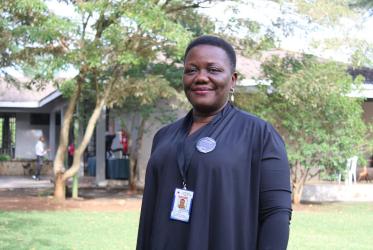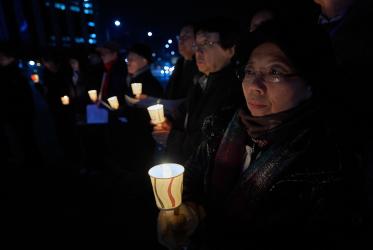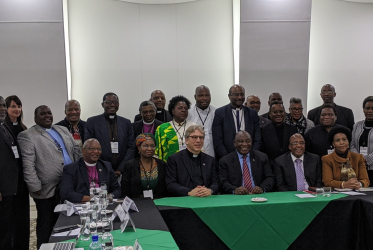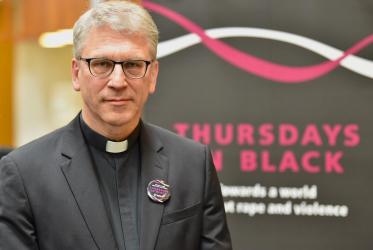Displaying 1 - 20 of 76
WCC delegation meets with South African President Ramaphosa
09 December 2019
Peace-building women explore their strength, value
28 November 2019
Churches in southern Africa stand against violence, xenophobia
10 October 2019
Dr Saïd Ailabouni: God is on the side of rejected, oppressed, occupied
12 September 2019
UN day on violence victims stresses religious tolerance
22 August 2019













